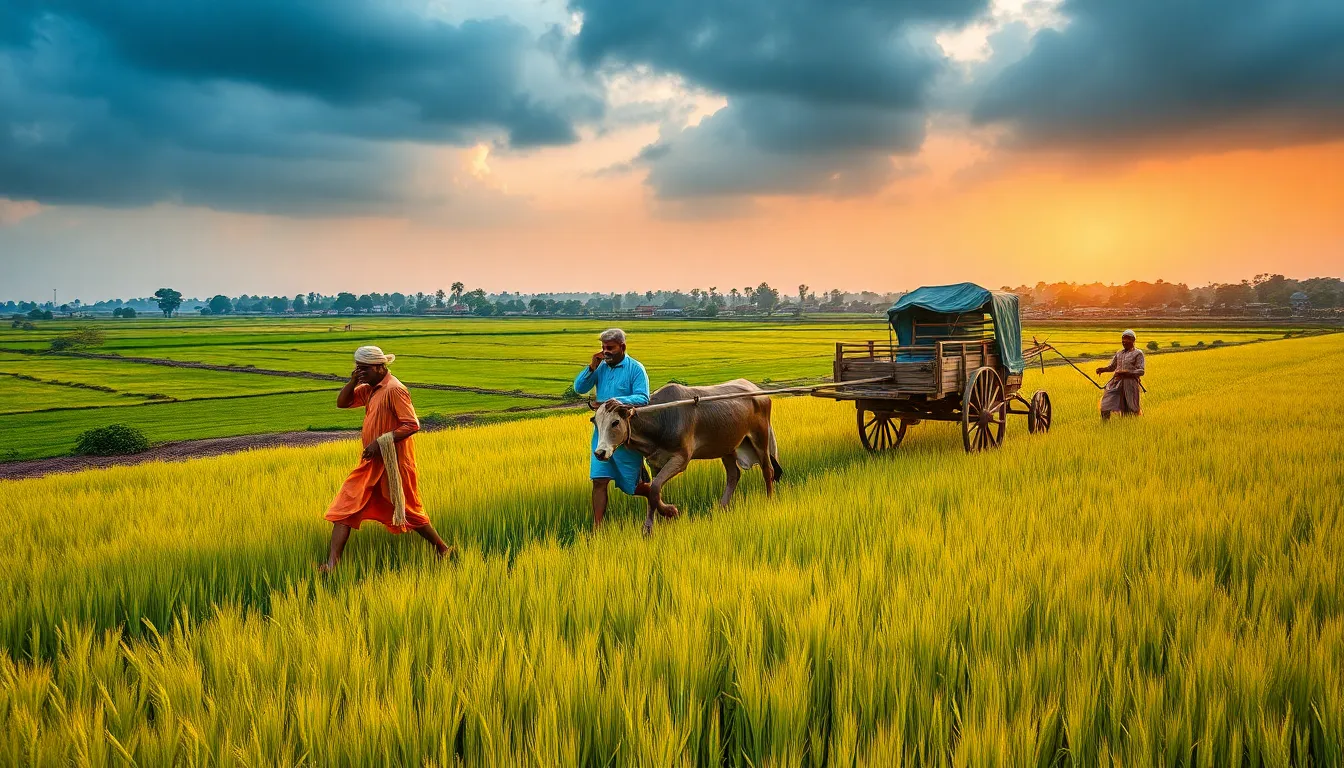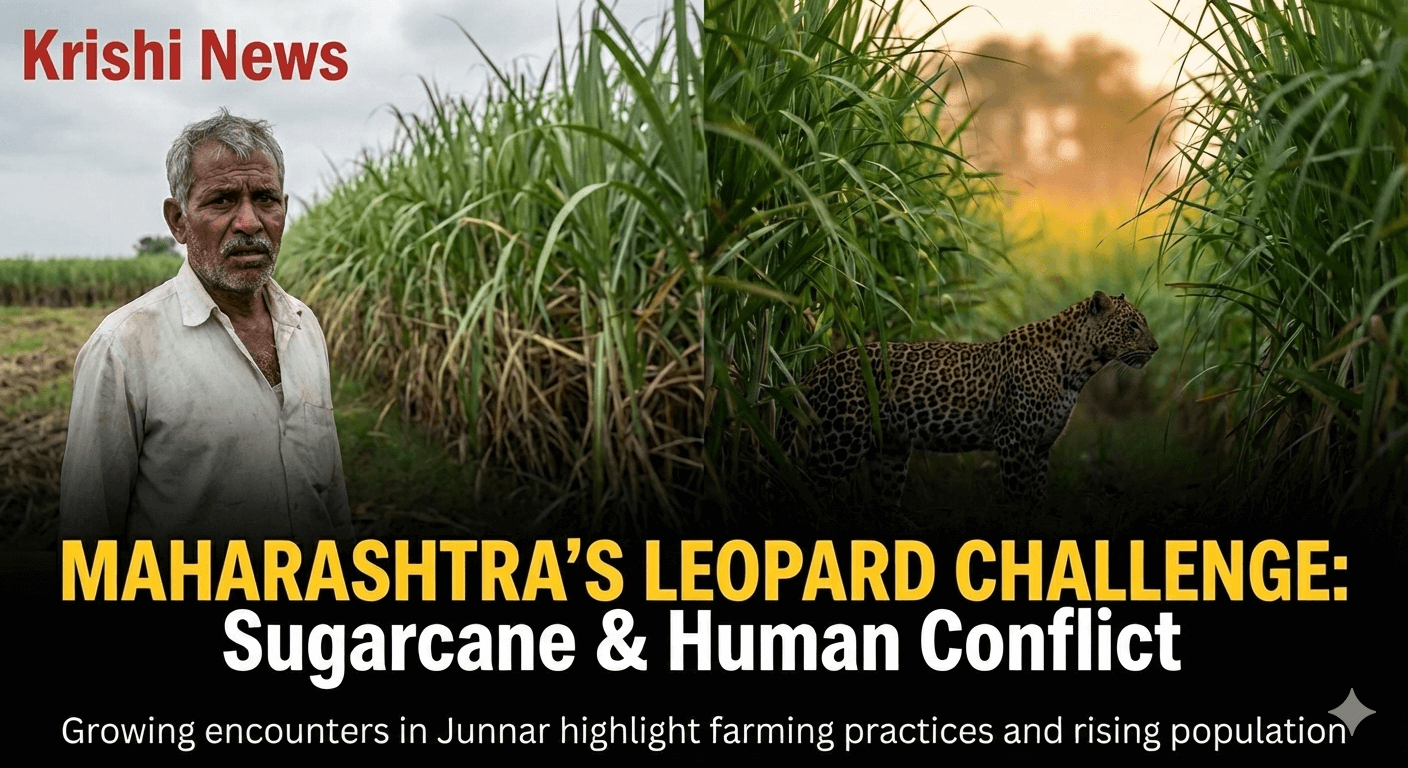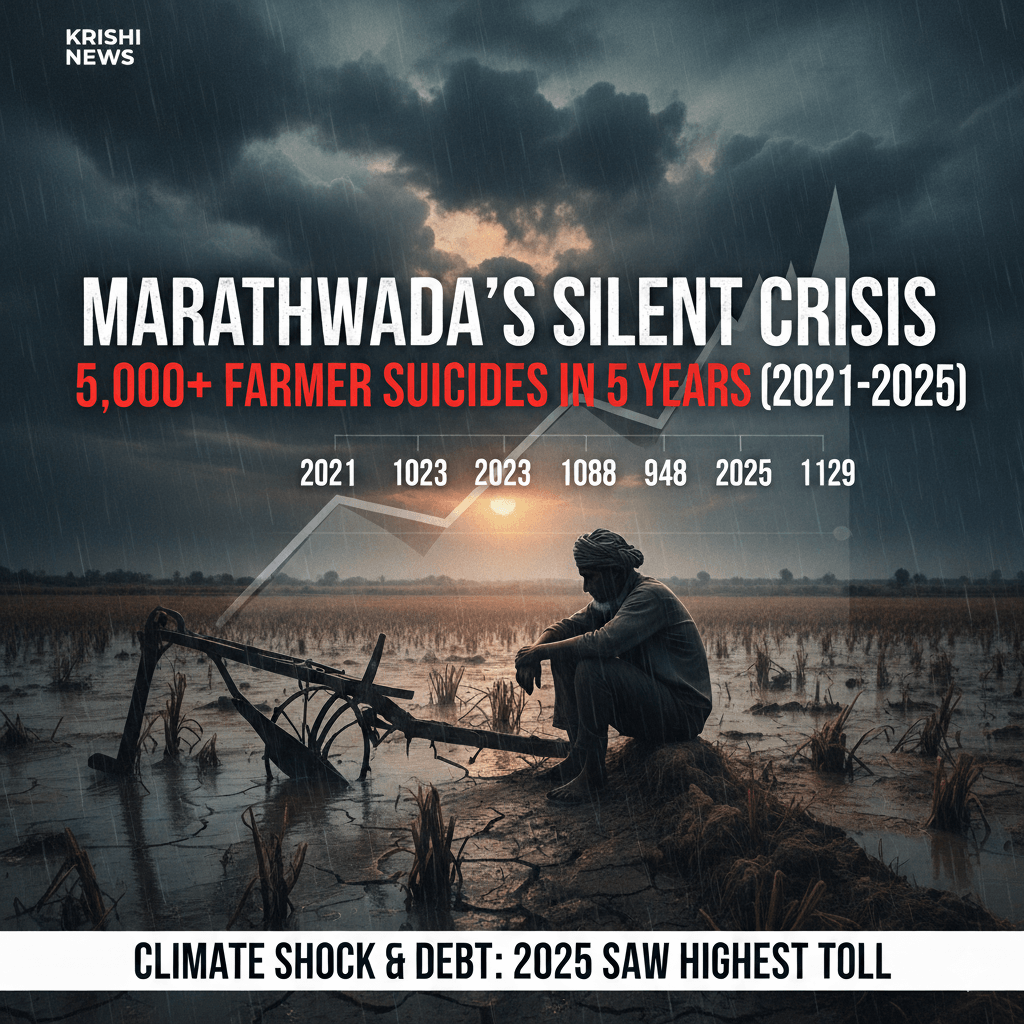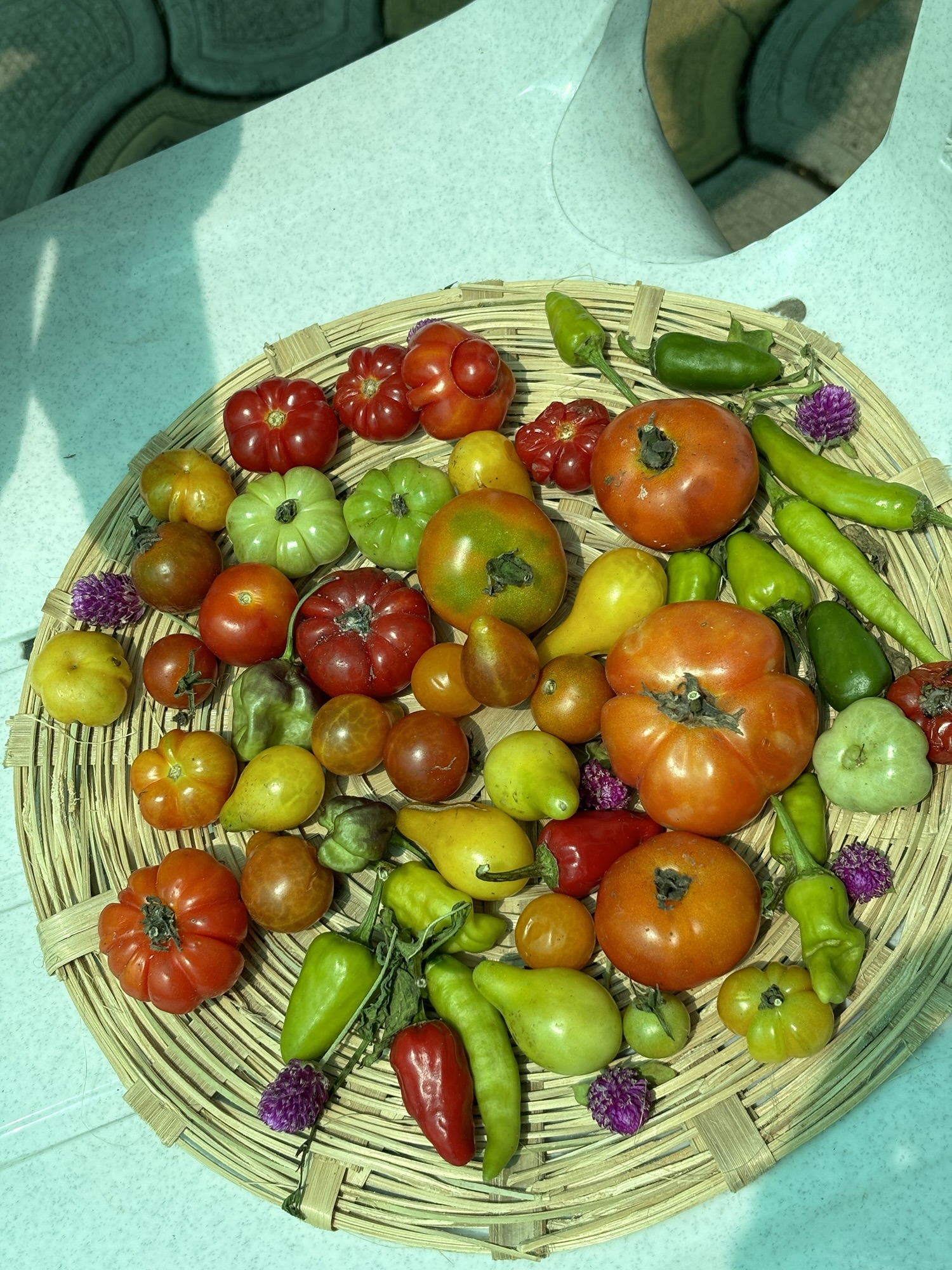A new report from the Food and Agriculture Organization (FAO) warns that crops like wheat, coffee, beans, and cassava could lose up to half of their best farmland by the year 2100 due to climate change. The report highlights that five out of nine major staple and cash crops are already losing their optimal growing areas.
Climate change significantly impacts food security. This includes food availability, access, utilization, and stability. With rising temperatures and changing rainfall patterns, crop productivity is at risk. In particular, coffee and wheat are facing high risks in vital regions.
Food availability may decrease because of climate-related issues affecting crops, livestock, and fish. Higher temperatures can lead to more pests and diseases, making it harder to grow food. Additionally, the changing behaviour of pollinators can hurt crop yields.
The effects of climate change also extend to food access and stability. Disruptions in supply chains can affect market prices and food accessibility for low-income consumers. As climate change worsens, it is predicted that food prices will rise, making it tougher for families to afford basic necessities.
Furthermore, the nutritional quality of crops may decline. For example, while higher levels of carbon dioxide can boost yields, they can also reduce the protein content in crops like wheat. This presents a significant challenge, particularly for communities that rely on these staples.
Extreme weather events, such as floods and droughts, will further threaten food supply stability. Such conditions can disrupt transport and market operations, leading to food shortages.
The agricultural sector itself contributes significantly to greenhouse gas emissions. Farming practices, particularly in intensive livestock systems, release a lot of methane and nitrous oxide. These emissions add to the overall climate problem, which in turn impacts food production.
Changing diets can help reduce emissions from agriculture. By eating less meat and more plant-based foods, we can lessen the pressure on land and resources. This shift can also lead to a decrease in greenhouse gas emissions.
In addition, reducing food waste is crucial. Global food loss and waste amount to about 25-30% of total food produced. Improving harvesting techniques, storage solutions, and consumer behaviour can help lower waste.
It is essential to understand the importance of local food systems. Small-scale farmers play a vital role in food production and can be significantly affected by climate change. By supporting these farmers and promoting sustainable practices, we can bolster local food security.
As we look to the future, adapting to climate change is crucial. Farmers need to adopt more resilient practices and technologies to cope with these changes. Policymakers must also support initiatives that enhance food security, especially for vulnerable populations.
In conclusion, the FAO’s findings serve as a warning. Without immediate action, we risk losing vital crops, increasing hunger, and jeopardizing the livelihoods of millions of farmers. It is imperative that we work together—governments, communities, and individuals—to create a sustainable food system that can withstand the challenges posed by climate change.





